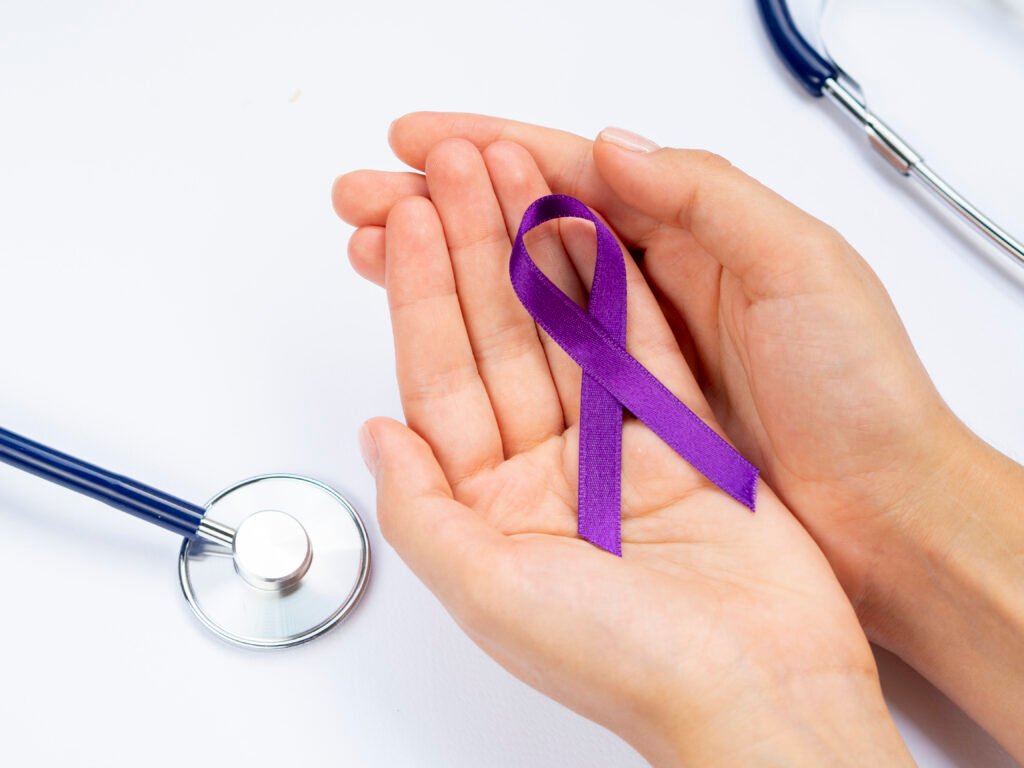- Home
- Departments
- Cancer (Oncology)

Oncology
we understand that each person’s cancer journey is unique. Our patient-centered approach ensures that we consider not only the medical aspects of your care but also your emotional, psychological, and social needs.
- We are committed to supporting you throughout every stage of your cancer treatment, from diagnosis to survivorship.
- Your emotional, psychological, and social well-being matter just as much as the medical aspects of your treatment. With us, you're not just a patient; you're a valued person on a path to healing and hope.
Overview
Oncology is the medical field dedicated to the study and treatment of cancer, a group of diseases characterized by abnormal cell growth. Oncologists employ various modalities, including surgery, chemotherapy, radiation therapy, immunotherapy, and targeted therapy, to combat cancer. Advances in research and treatment have significantly improved cancer outcomes and survivorship.
Oncology is the branch of medicine dedicated to the study, diagnosis, treatment, and prevention of cancer. It encompasses a wide range of cancer types, each with its unique characteristics and challenges. Oncologists, specialized medical professionals, are at the forefront of cancer care, employing a multidisciplinary approach to provide patients with the most effective and compassionate treatment options. Advances in oncology continue to offer hope and improved outcomes for individuals facing this complex group of diseases. At Trinity hospitals, our commitment to oncology is unwavering as we strive to provide world-class care and support to those affected by cancer.
Symptoms & Diagnosis
Cancer can present with a wide range of symptoms, which may vary depending on the type and stage of the disease. Common symptoms include unexplained weight loss, persistent fatigue, pain, changes in the skin, persistent cough, and abnormal bleeding.
Diagnosing cancer typically involves a combination of medical history review, physical examination, imaging tests (e.g., X-rays, CT scans), laboratory tests (e.g., blood tests, tumor markers), and often a biopsy to confirm the presence, type, and stage of cancer.Our dedicated oncology team at Trinity hospitals is committed to prompt evaluation and personalized care to address the unique needs of each patient.
- Biopsy
- Imaging Tests
- Endoscopy
- Bone Marrow Aspiration and Biopsy
- Cytology Tests, Genetic Testing
- Molecular Profiling
- Colonoscopy and Mammography
Our Services
He actively participates in clinical research trials and has been published in peer reviewed journals such as the Journal of the State Medical Society and Baylor University Medical Center’s Proceedings. At Hahnemann Hospital in conjunction with Drexel University, where he received extensive training in coronary as well as peripheral interventions and limb salvage procedures.
Health Tips & Info
Prioritize Nutrition: Maintain a balanced diet rich in fruits, vegetables, and lean proteins to support your immune system and overall well-being.
Stay Hydrated: Drink plenty of fluids to prevent dehydration, which can be a common side effect of treatment.
Manage Side Effects: Communicate with your healthcare team about any treatment-related side effects, and follow their guidance for relief.
Emotional Support: Seek emotional support from loved ones, support groups, or counseling to cope with the emotional impact of cancer.
Regular Check-Ups: Continue with follow-up appointments and screenings to monitor your health and detect any recurrence or new concerns early.
Meet Our Doctors
Our administration and support staff all have exceptional people skills and trained to assist you with all medical enquiries. Doctors will be available from 8 am : 12 am , kindly call to confirm your Appointment.
Emergency Cases
Please feel welcome to contact our friendly reception staff with any general or medical enquiry call us.




